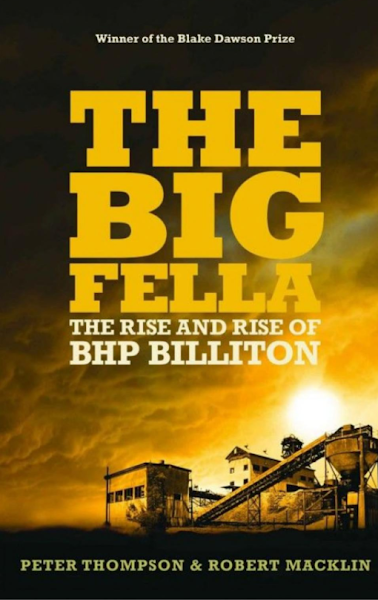As one of the largest and oldest listed mining companies in the world, BHP Group is probably well known to most Australians, indeed many would hold an interest in the company's shares via their investments or superannuation.
Formerly known as 'the Big Australian', BHP's origins date back to 1885 where it began life as the Broken Hill Proprietary Company, a silver and lead miner at Broken Hill in western New South Wales.
Over its lifetime it has undergone a number of name changes, mergers and demergers to become BHP today, a global miner operating in multiple locations across the globe and producing a variety of key commodities such as iron ore, copper, nickel, coal and oil.
Further change is afoot with a number of recent proposals announced by the company and approved by shareholders, to simplify its structure and focus its portfolio on future-facing commodities that help both global growth and decarbonisation. These changes can be summarised as follows:
- The unification of BHPs corporate structure to a single listing in Australia. Currently BHP is dual listed in the UK and Australia due to its merger with UK-listed Billiton mining company in 2001.
- A demerger of BHP's petroleum business which will be merged with Woodside Petroleum to create one of the world's largest oil exploration and production companies.
- The sale and exit of its thermal coal assets (the type used to generate electricity) to leave only metallurgical coal assets (the type used to produce steel).
- Further investments in potash, used to produce fertiliser for food production and Nickel, earmarked by the company as a core decarbonising commodity.
Following these changes, BHP will become a resources company focused on supporting global growth and decarbonisation. BHP's iron ore business and its high-quality metallurgical coal assets will contribute the majority of revenue, approximately 70%, which will contribute vital inputs for the steelmaking industry, a key component for infrastructure and urbanisation.
The growing global demand for food will be supported by BHP's investment in potash, used for fertiliser, to provide a future revenue stream for the company. Finally, the remainder of the portfolio, approximately 30% of revenue, will be made up of copper and nickel both of which are key commodities in the global decarbonisation pathway.
BHP is currently yielding 8.7% net and 12.4% when grossed up for franking credits based on dividends, which are expected to be paid in March and September.
This high dividend yield is a function of recently improved profitability due to the high prices received for its iron ore production. Profits doubled in 2021 and BHP currently pay 70% of this profit out as dividends to shareholders.
This bullish signal indicates that the stock price may rise from the close of 46.92.
Profits are expected to remain at these levels into financial year 2022, with future growth coming from investments in potash and an expected uptick in demand for copper and nickel as the transition to Net Zero gains momentum.
BHP has a solid balance sheet and strong cashflow generation, which is supported by a favourable pricing environment for its key commodities, albeit a potentially volatile one.
The proceeds from the asset sales to Woodside will be distributed as an in specie fully franked dividend. This is especially attractive to non-tax paying investors such as retirees, who will fully benefit from the franking credits.
There is also the possibility of increased dividend payouts in the future as the business requires less capital for the petroleum business. This could also mean an increased potential for capital management initiatives such as share buybacks, which are also particularly attractive to low-tax paying shareholders.





